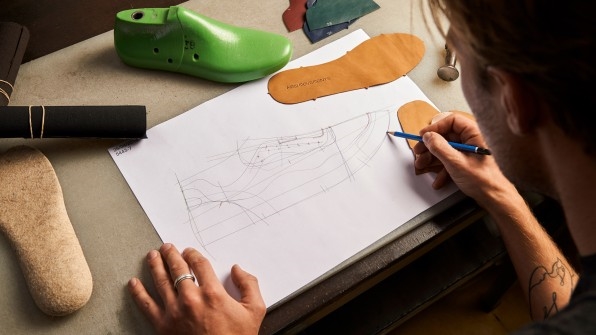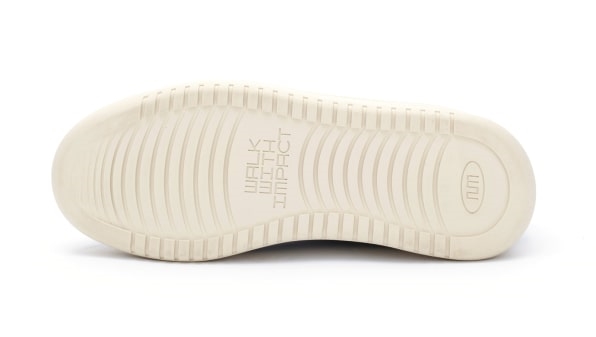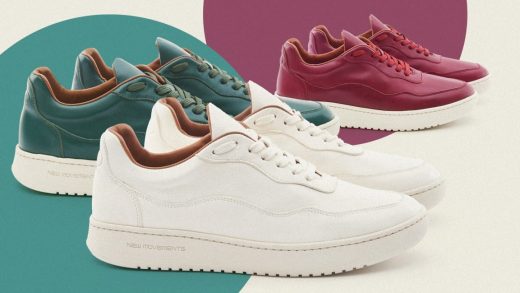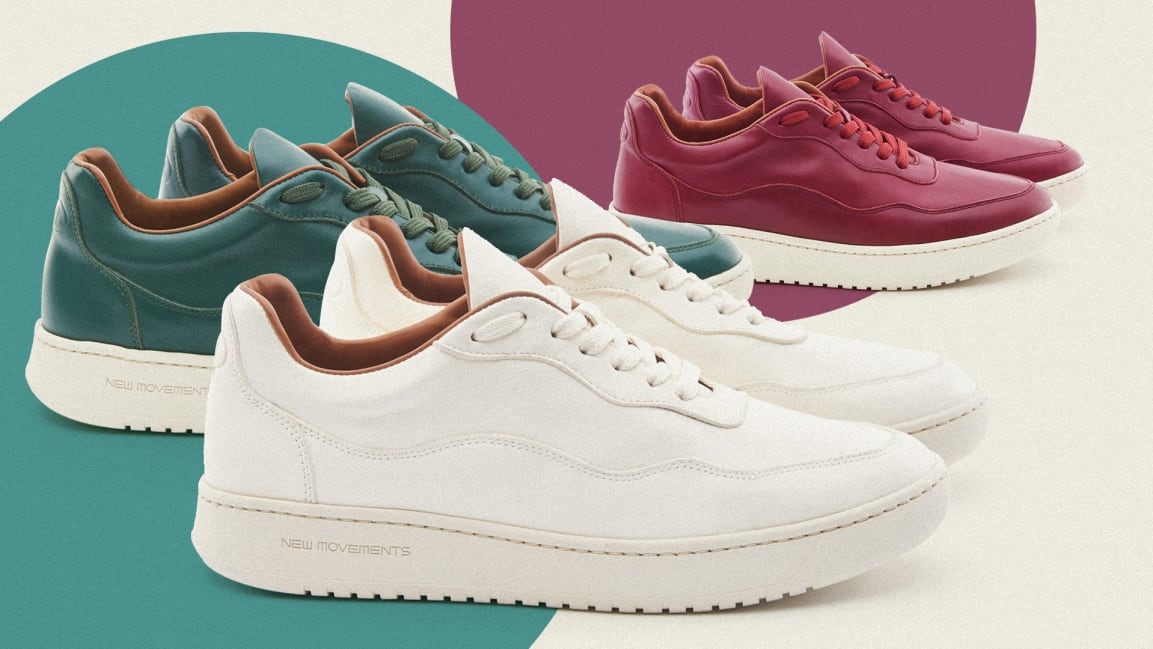These stylish, durable shoes are entirely ethically sourced
It’s not surprising that Martin Evensen became a shoemaker. Both his grandfather and great grandfather were cobblers in Norway, where he grew up. When Evensen went to San Francisco to study fashion and merchandising in school around 10 years ago, he held onto the craftsmanship and quality that he learned from his family, but decided to take a very different–and more sustainable–approach with the materials.

His idea for a good-quality, classic sneaker designed for a contemporary consumer who cares about the environment evolved into New Movements, a brand that’s launching early this year with its first line of shoes. The small team, which consists of Evensen, Nils Wiiburg, (business developer), Laney Haviland (content creator), and Alexander Windquist (graphical designer), started with an Indiegogo campaign, which has raised nearly $65,000 and exceeded its fundraising goal by 334%.
Using a crowdfunding platform, Evensen says, has helped the brand build up a community of consumers who care about the ethical impact of what they wear. New Movements shoes are made with materials intended to set them apart from more mass-produced sneakers. For the body of the shoe, New Movements uses leather tanned with natural vegetable oil, rather than chromium. Chromium is a toxic chemical that’s most commonly used in tanning, and dumped into waterways where it creates environmental hazards. While leather still requires animal agriculture to produce, a handful of startups like Modern Meadow and Bolt Threads are experimenting with lab-grown alternatives that could perhaps–once the price drops–be incorporated into products like New Movements shoes. Evensen says they’re conscious of the impacts of using leather, but hope that the high quality (vegetable-tanned leather is generally more durable) will reduce the need for people to replace the shoes as often as they otherwise might have to.

For the rest of the shoes, New Movements uses only recycled materials. In the soles, the brand uses a combination of repurposed car tires and soles from other shoes, and the laces are fabricated from thread fabricated from recycled plastic bottles.

Before launching the brand, Evensen traveled to manufacturing facilities across the world to assess where workers are treated most ethically, and noted wide disparities in worker conditions from continent to continent. In Asia and South America, workers are often undercompensated and forced to labor in tough conditions. Evensen decided to work with manufacturers in Portugal, where the leather and shoe industry makes up around 4% of the economy. In Portugal, Evensen says, factories are often small-scale, which means it’s easier to control conditions and compensate workers fairly. The factory New Movements works with, for instance, stitches shoes or uses chemical-free glue to assemble them, instead of mainstream glue which releases harmful toxins into the work environment.

Right now, New Movements is in the process of sourcing orders and working with a distribution center in Europe before the first shipments of shoes goes out in February. The shoes will cost around $120 per pair at the moment, but Evensen says the price point is lower than other well-made luxury shoes, and transparent because people know that their money is going to fund ethical manufacturing. “The cost of good ethical effects, and using recycled and natural materials, drive up the price,” he says.
Additionally, New Movements has partnered with the Norwegian company Empower, which uses the blockchain to track and reward people for cleaning up plastic waste: Empower says that each pair of shoes sold will result in 2 kilograms of ocean waste (or the equivalent of 80 plastic bottles) being removed from the ocean. The plastic collected through the Empower partnership is not yet used in the New Movements shoes, Evensen says, though the company’s aim is to eventually work the plastic they clean up into their products.
Fast Company , Read Full Story
(50)



